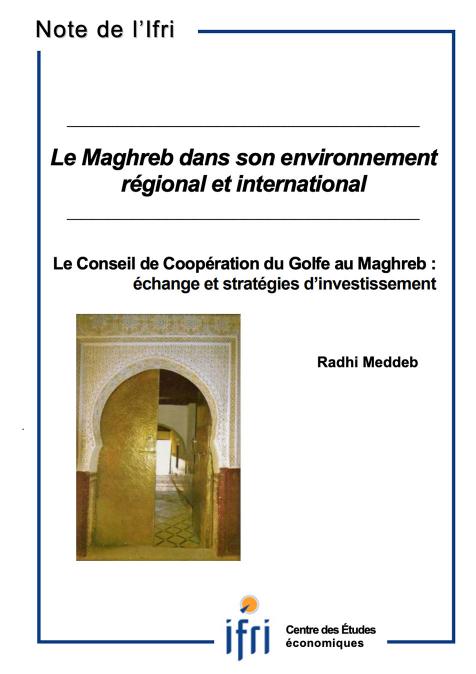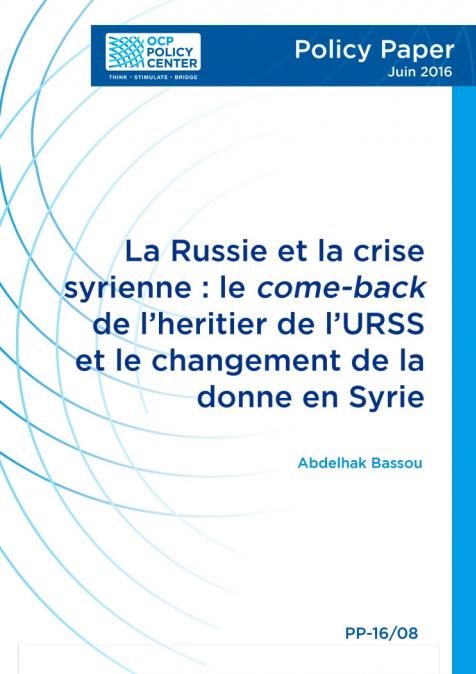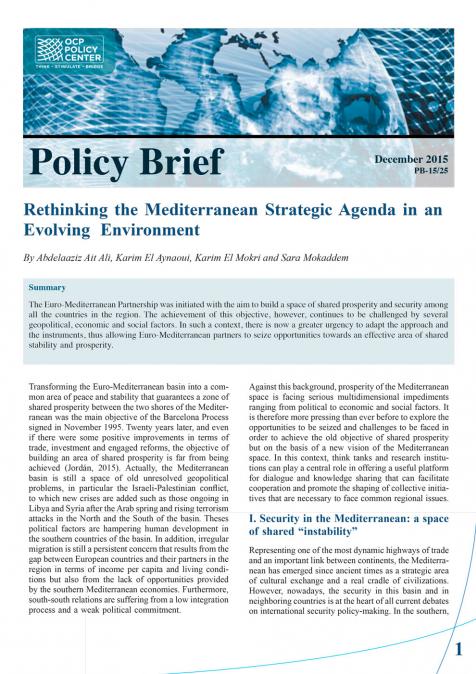Publications /
Policy Paper
The Gulf Cooperation Council (GCC) is a regional organization which was created in 1981, reassembling six Arab countries together: Saudi Arabia, Kuwait, Bahrain, Oman, Qatar, and the United Arab Emirates (UAE). Thanks to their oil income, GCC countries have enjoyed economic boom since 2002, hence breaking with the 1990s economic slow-down. The year 2002 corresponds to the oil prices’ entry in an upward spiral which has resulted in an increase of both income and foreign assets. This trend ends in 2008 with a speculative bubble burst linked to natural resources as well as the subprime mortgage crisis, resulting in a deep world economic recession. The latter has subsequently affected real economy including oil income, and called into question Gulf countries’ recycling strategies as well as of their management vehicles behaviour.









